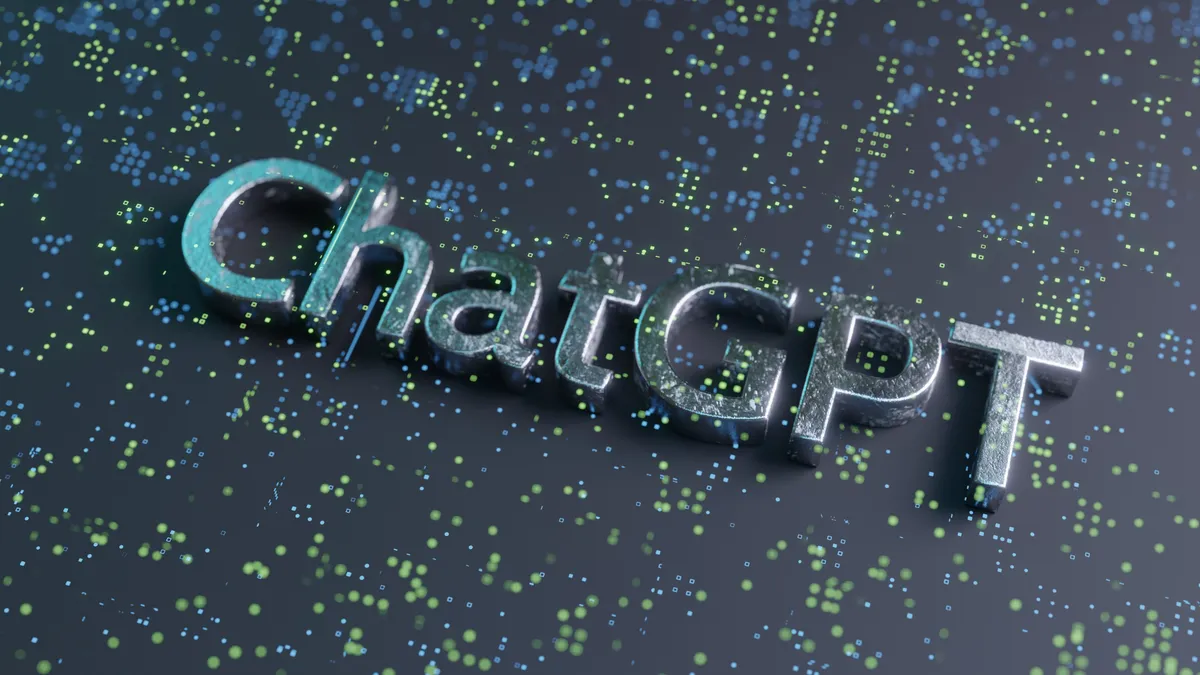While generative AI-powered tools such as ChatGPT have become widely known to legal professionals in recent months, most law firm lawyers and staff are holding off on the use of the emerging artificial intelligence technology in their work.
Just 3% of survey respondents said they are already using generative AI or ChatGPT for law firm operations and another 2% said they are planning to use such tools, according to a Thomson Reuters Institute report.
Slightly more than one-third of respondents (34%) said they are still in the consideration phase for using generative AI technology, which can generate different types of content based on a variety of inputs.
The remaining 60% of legal professionals said they have no plans for generative AI use in law firm operations.
“It’s not surprising that some firms are taking a more cautious approach to understanding generative AI, even while remaining more proactive as opposed to other technologies that law firms might have waited until further in the development cycle to explore,” the report said.
The report’s findings were derived from an online survey Thomson Reuters Institute conducted in late March that drew responses from 443 law firm professionals spread across the United States, United Kingdom and Canada.
Awareness and use cases
The slow pace of generative AI usage is not, however, an indication law firm professionals are unaware of tools using the technology or think unfavorably about it.
Overall, 91% said they had either heard or read about generative AI or ChatGPT, the chatbot developed by OpenAI.
Additionally, 82% said generative AI technology could be applied to legal work, a figure that stayed fairly consistent regardless of respondents’ geography, size of firm or job title.
Potential use cases could range from document generation and review to legal research and knowledge repositories, the report said.
Arsen Shirokov, director of Information Governance & Security at Canadian law firm McMillan, told Thomson Reuters Institute that generative AI technology has quickly captured the imagination of law firm lawyers.
“It definitely caught much more attention than pretty much all the other technology-related breakthroughs that happened in the last 20 years,” Shirokov said in the report. “Like when cloud happened, the lawyers just said, ‘Yeah, we still work the same way.’ But this one, just because the result of the technology directly competes with the result of what lawyers produce, I think it definitely got their attention.”
Meanwhile, slightly more than (51%) of law firm professionals who had heard of generative AI or ChatGPT thought it should be used for legal work.
The rest of the respondents were roughly split between those who did not believe it should be applied to legal work (24%) and those who did not know either way (25%).

Potential risks
Some lawyers raised accuracy concerns about generative AI, and others mentioned privacy issues. Business leaders have raised similar fears about the technology.
“Perhaps one of the main reasons for the discrepancy between generative AI’s potential utility and its actual adoption is its risk profile,” the Thomson Reuters Institute report said.
“While generative AI can provide powerful and almost instantaneous content, law firm lawyers and other legal professionals have a number of questions around its accuracy, handling of confidential data, and particularly in the case of public tools such as ChatGPT, the ownership of private data and the security of the tool,” the report continued.
Additionally, some respondents who said generative AI should not be used for legal work were “fundamentally opposed to having technology tackle tasks historically performed by a human.”
Law firm professionals felt better about the use of generative AI for non-legal work within a firm, such as basic question and answer services or other administrative tasks.
Nearly three-fourths (72%) of respondents said the technology should be applied to non-legal work, 21 percentage points more than said it should be used for legal work. Just 7% answered that generative AI should not be applied to non-legal work.
Additionally, 15% of law firm respondents said their firms have issued a warning around generative AI or ChatGPT usage at work, including 21% at large law firms and 11% at midsize law firms.
“We are still early in the game for generative AI and ChatGPT, and any and all future use will have to address the growing awareness of the risks of use and the potential loss of business for non-use,” the Thomson Reuters Institute report said in its conclusion.











